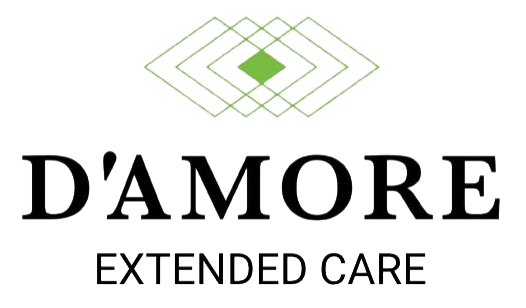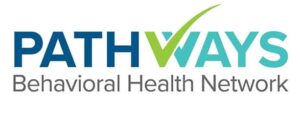
Learn More About Our Program
At D’Amore, our team of certified DBT therapists offers comprehensive DBT treatment, including individual therapy, group skills training, phone coaching, and therapist consultation teams. We are here to support you at every step of your DBT journey. If you or someone you know could benefit from DBT, please don’t hesitate to reach out to us today.
We are honored to be part of your journey toward better mental health, and we remain committed to providing exceptional, evidence-based care to support your unique path to healing and growth.

























